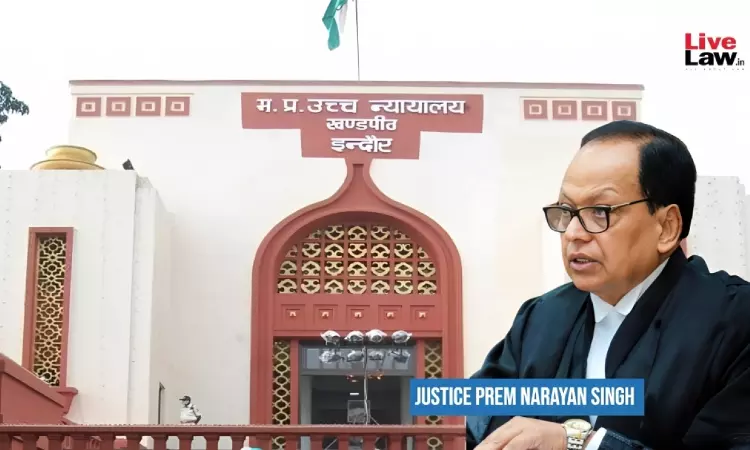While dismissing a criminal revision application filed by the petitioner-husband, the Madhya Pradesh High Court has underscored that a destitute wife claiming maintenance cannot be victimised solely based on faults in her pleadings. The husband had challenged a Family Court order that rejected his application under Section 127 CrPC to reduce the maintenance amount.After referring to the...

